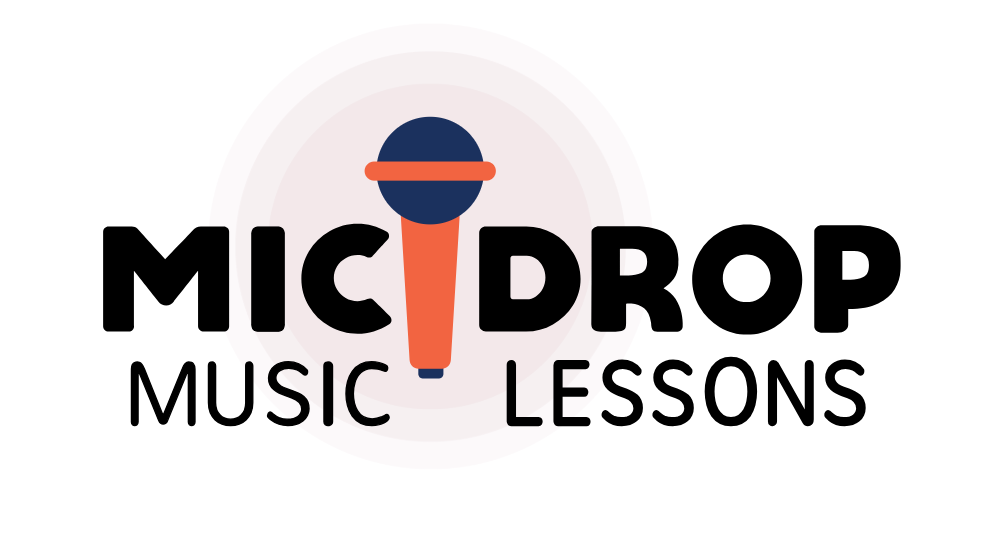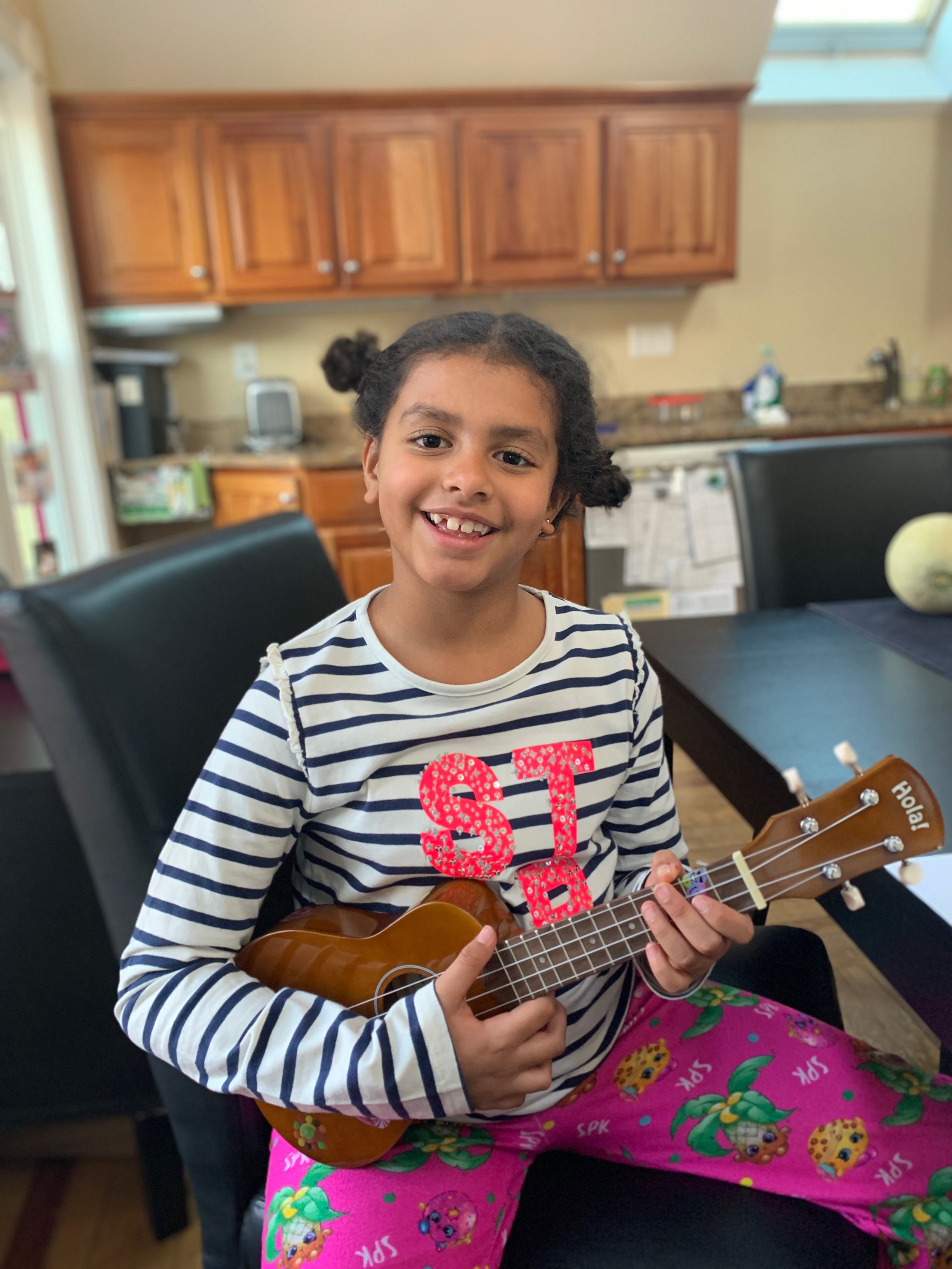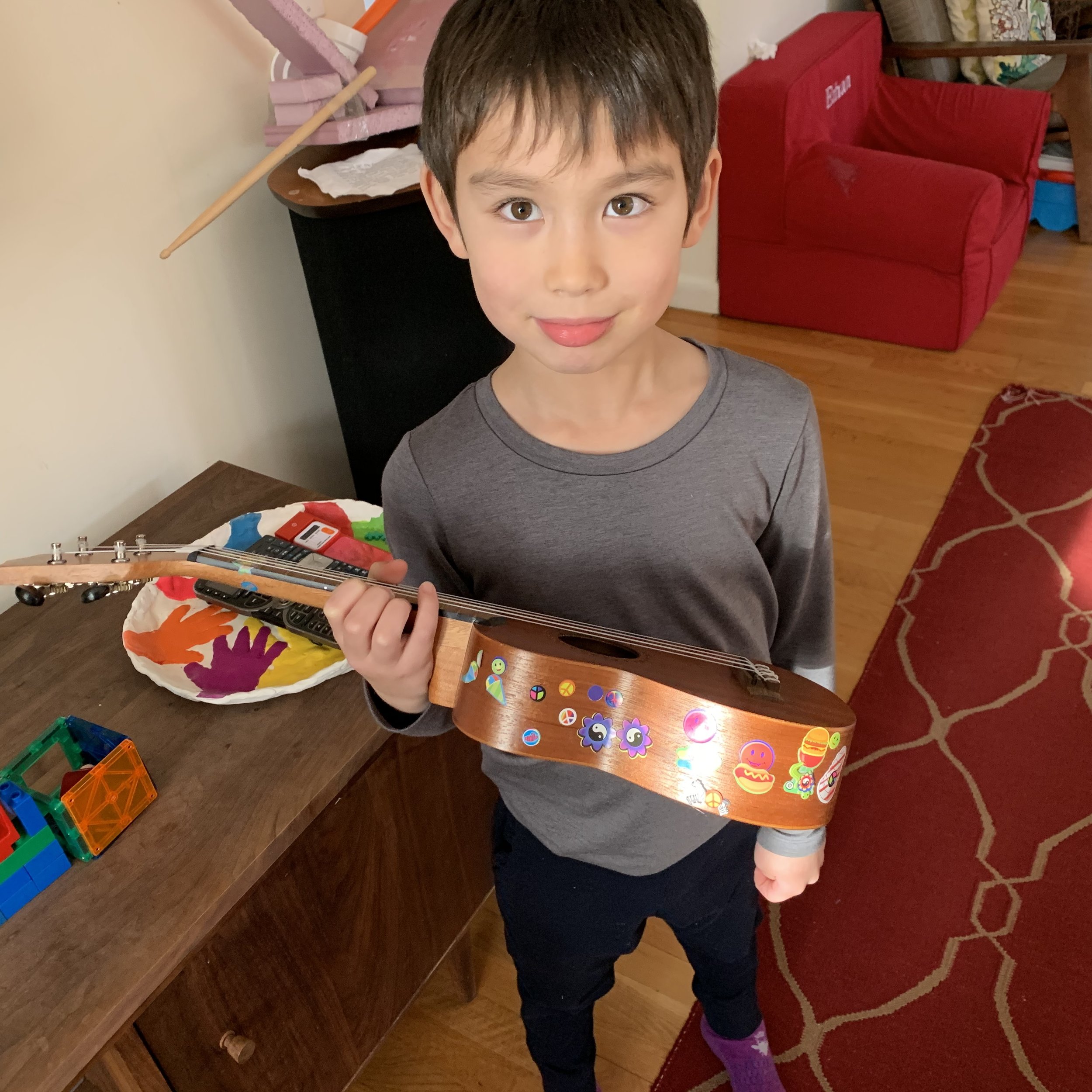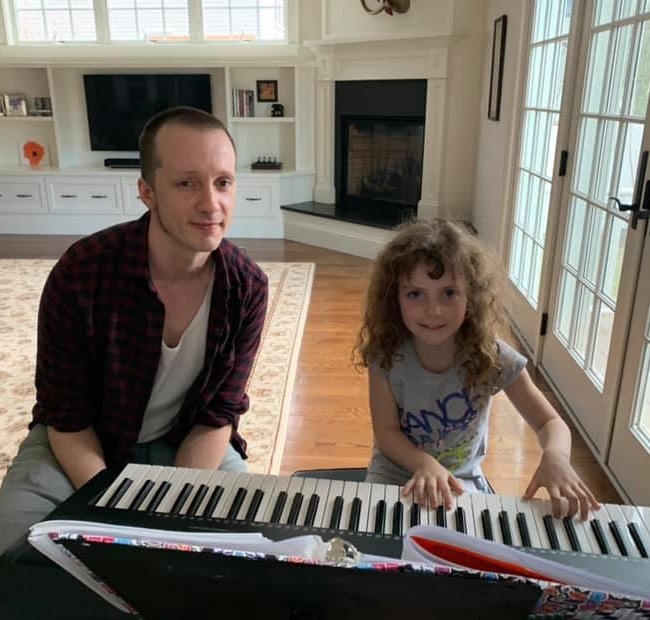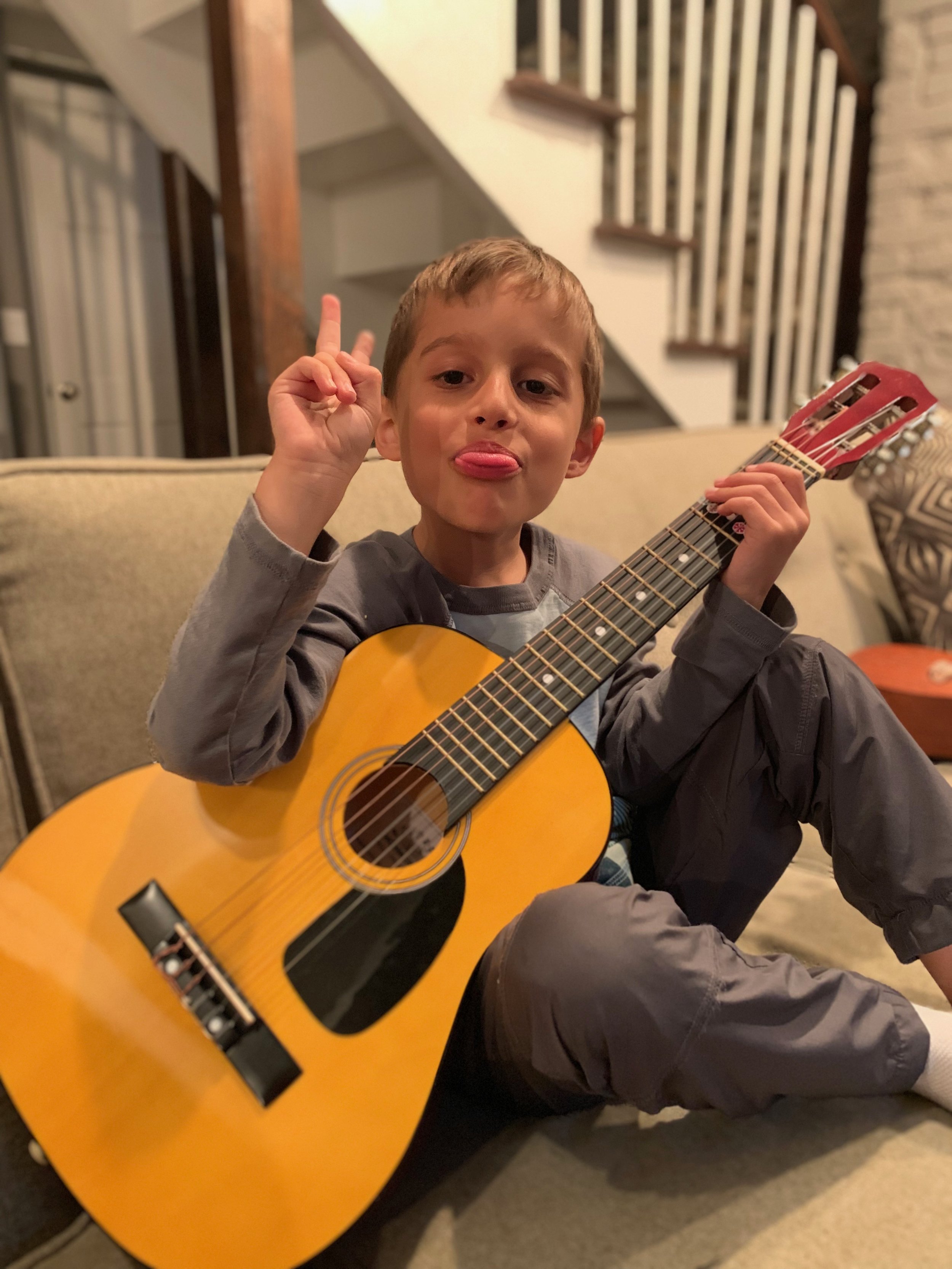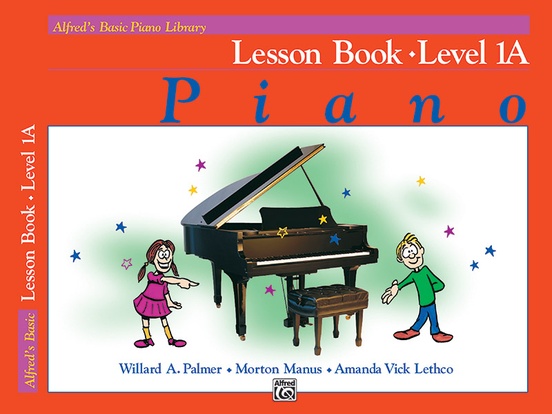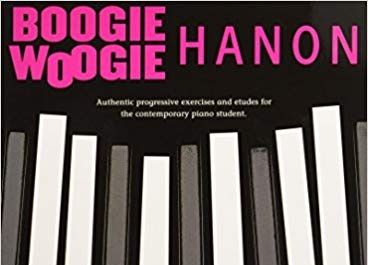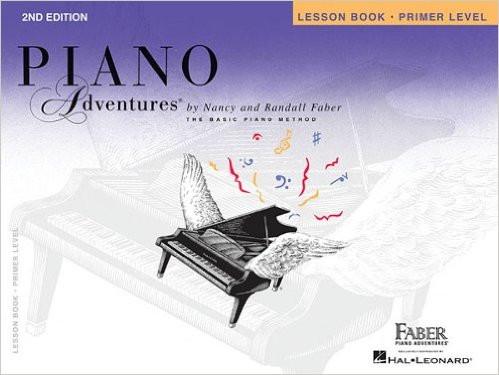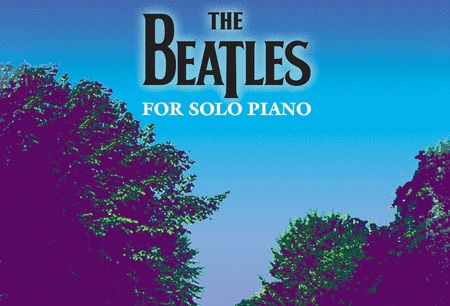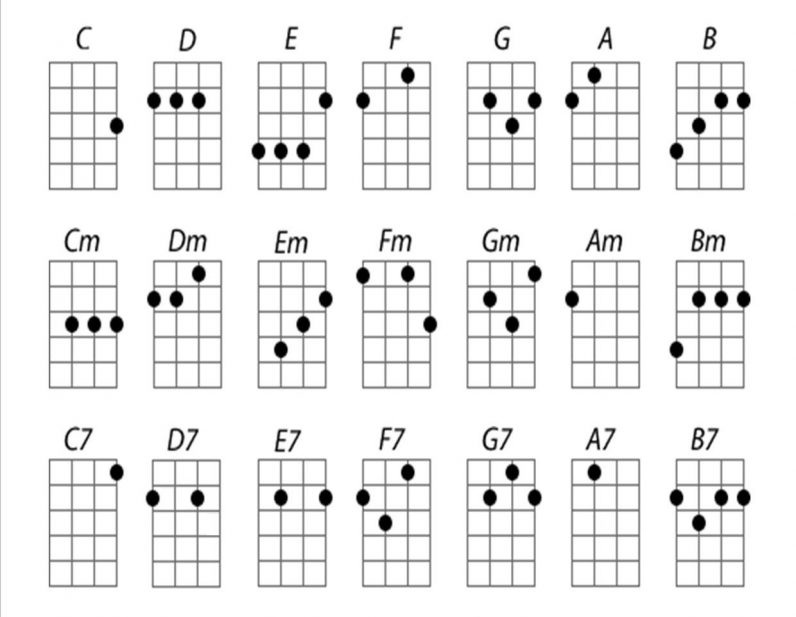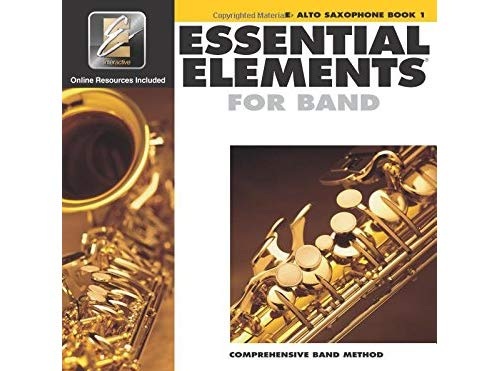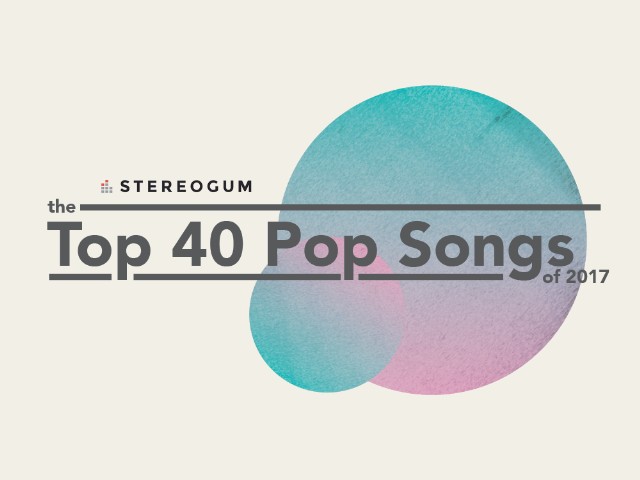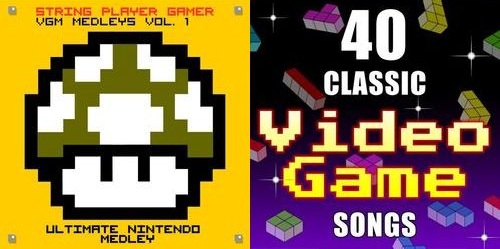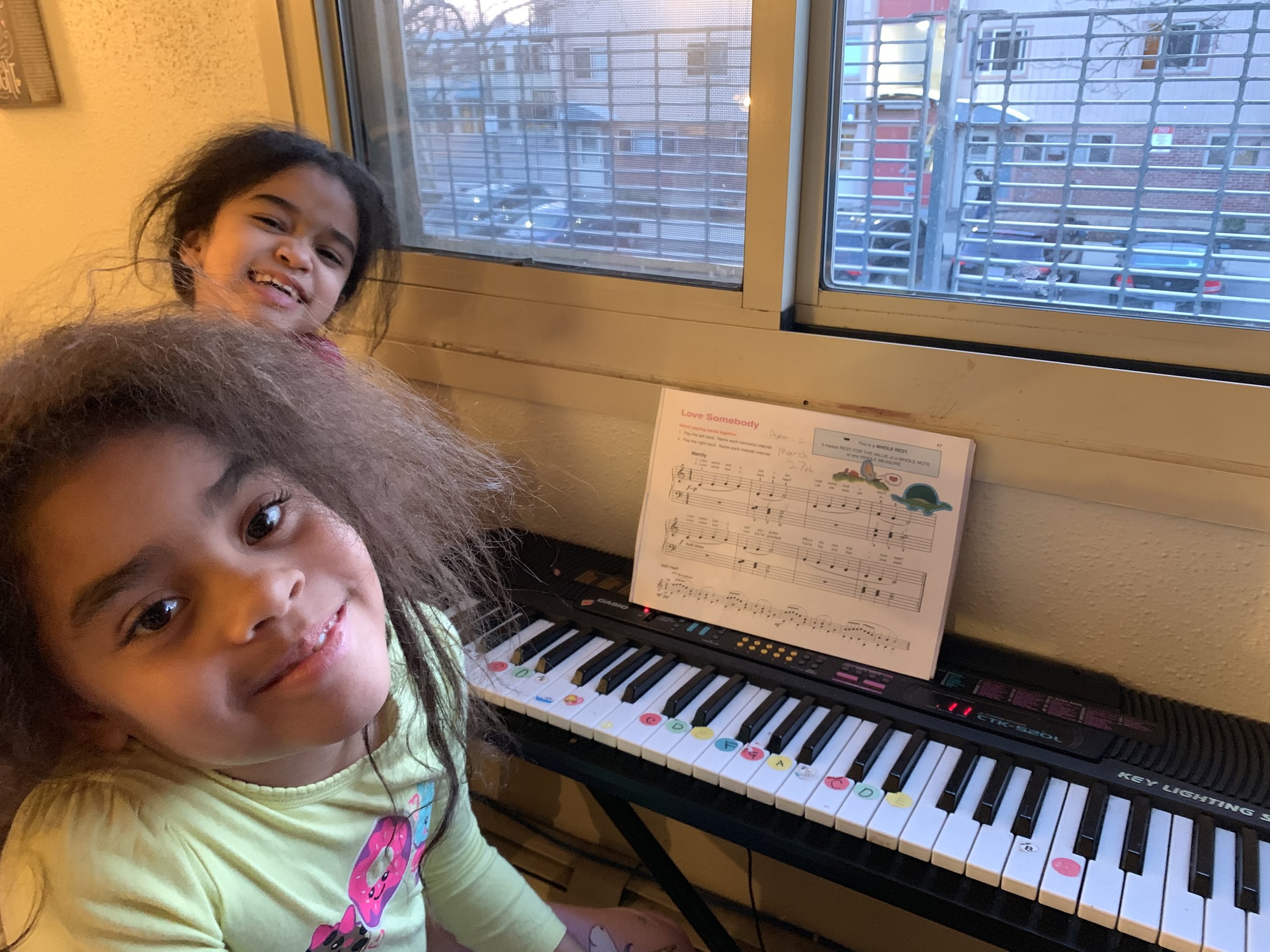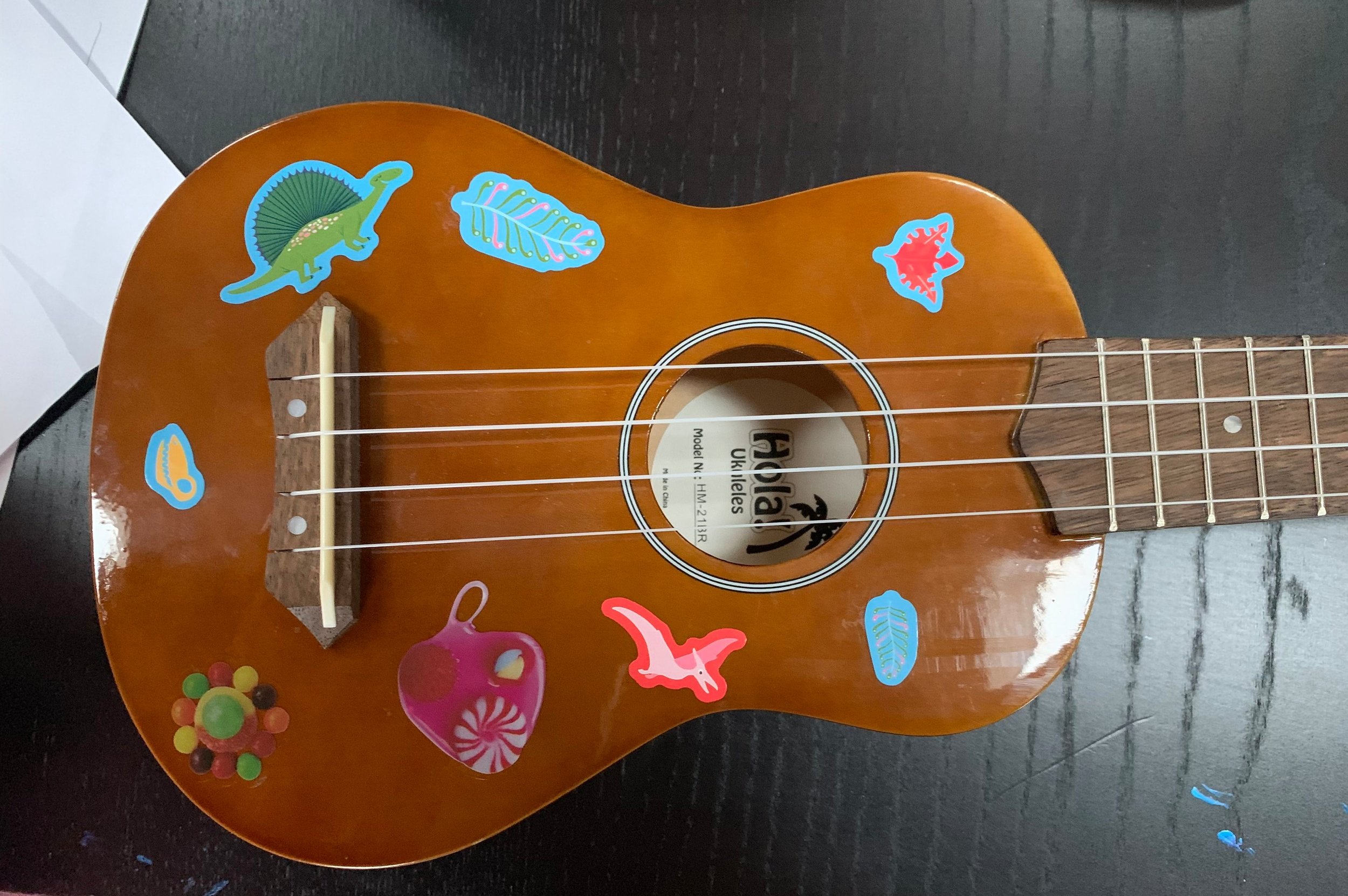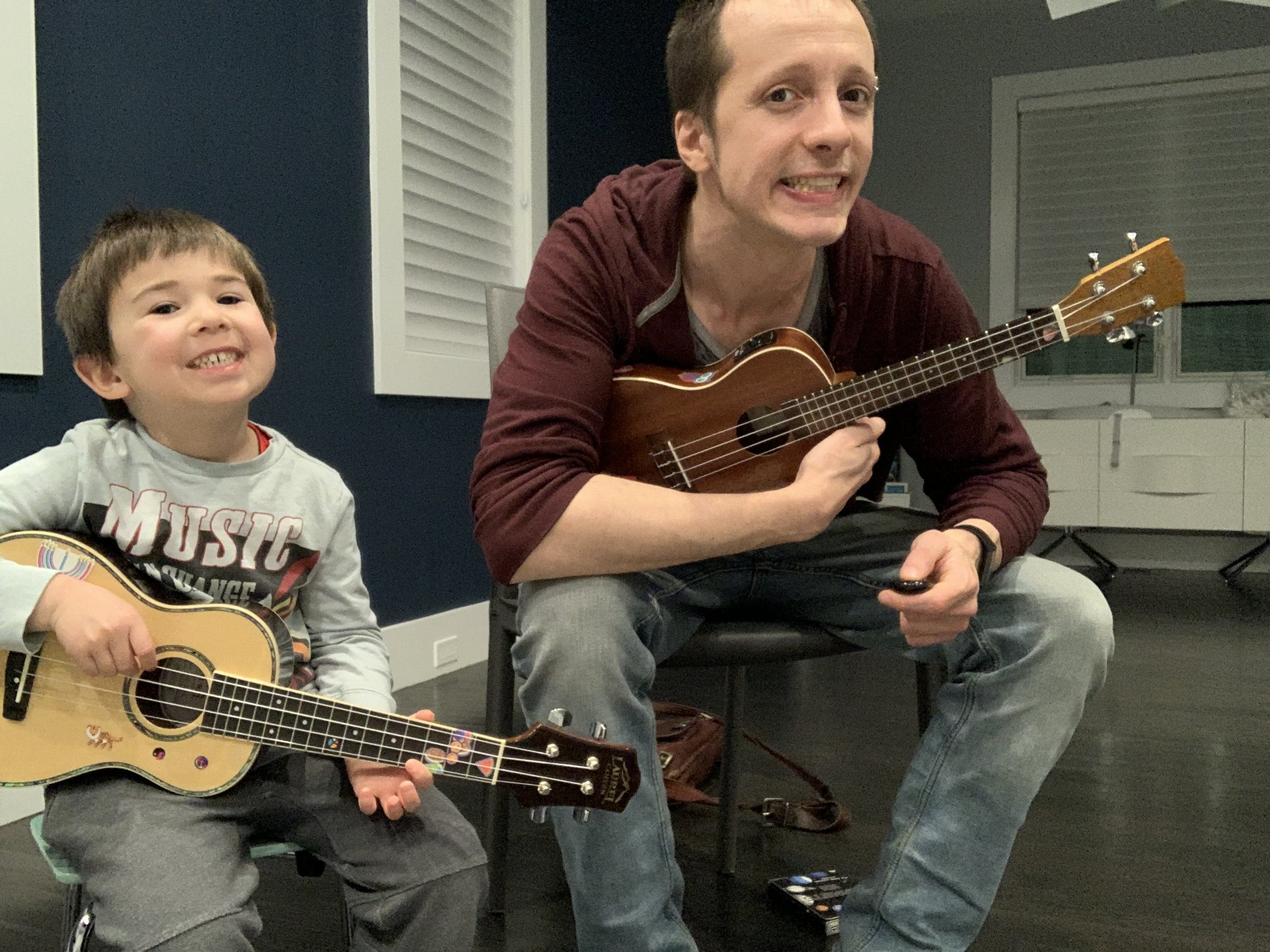Philosophy and Methods
I’ve been teaching music in group and private settings for 17 years. It’s my full-time job and has evolved from a casual gig into what I know will be a lifelong passion. I’ve dedicated years of study, training, and experience to the craft, and I strive continually to be the best teacher that I can be.
So what do I teach, and how? What sets me apart as a teacher, and why should you take music lessons with me instead of another instructor or organization? Read on for a detailed description of my teaching philosophy and approach, as well as the specific methods I use to make my lessons as effective and enjoyable as possible.
The lifelong effects of good (and bad) teaching
Practically everyone has either experience with, or an opinion about, music lessons. Regrettably, a lot of them aren’t great. Many adults I meet took music lessons as children and had a bad experience. Some were forced to take lessons (or compelled to play one instrument when they preferred another) in order to achieve intellectual and artistic growth. Some wanted to play and instrument and were quickly frustrated by how difficult it was. Others were told that only certain people had the talent necessary to play music, that they were not one of these people, and so they shouldn’t bother. I’ve met quite a few people who heard that from, of all people, their music teacher, and quit playing as a result (you probably have too!). I know others who recall their music teachers were short-tempered, impatient, overly demanding, and just generally unpleasant. As a result, they formed a negative association with music lessons and avoided them forever after.
Stories like these sadden me greatly, but they help me to remember how important my job is, and how great an impact my work can have on my students. A good music teacher can foster a positive relationship with music in general, and give students the confidence they need to succeed. A bad one can sour people on music permanently.
Music teachers are often the deciding factor in whether or not a student overcomes their self-doubt, embraces playing, and gets to experience the simple, powerful, potentially lifelong joy that it can bring. Simply put, we have the power to change lives. Yep. It’s that important.
My Philosophy
Anyone can play
As stated above, many people believe that only certain “talented” people can play music. I’ve met grown men and women with beautiful homes, successful careers, and well-adjusted children who, in spite of their many accomplishments, were convinced that they had no talent for music and could therefore never play it. To make matters worse, some of them had never even tried!
This. Is. NONSENSE. Banish it from your mind.
Playing an instrument is not a talent. It’s a skill. It is no different from a hundred other feats of hand/eye coordination the average person learns to perform in the course of their daily lives. If you can tie your shoes, brush your teeth, drive a car or type on a keyboard, you can learn to play an instrument.
It is true that certain individuals have greater musical aptitude than others. I’ve seen some students struggle with a concept or technique for weeks and others grasp the same thing in minutes. But experiencing difficulty in the learning process is not the same thing as a wholesale lack of musical ability. Research indicates that musicality presents itself along a spectrum, with a few people demonstrating very high or low levels and the vast majority falling somewhere at the middle. Practically anyone can play an instrument, and do it well; some people just have to work a little harder at it than others.
For the most part, musical achievement is not about talent; it’s about practice. Talent is like the sole of your shoe; practice is the road you walk to get somewhere. A child prodigy who never practices will go nowhere. A person of average musical ability who is willing to put the work in can headline Carnegie Hall some day. Everyone has potential, and my goal as a teacher is to help you fulfill yours.
“Your talent determines what you can do. Your motivation determines how much you are willing to do. Your attitude determines how well you do it.”
My Methods
learn what you need
I teach lessons according to structured, cumulative curriculums I’ve designed through years of study and experience. For each instrument, we begin with the most fundamental aspects of theory and technique and progress logically through increasingly advanced subject matter. I provide my students with all of the educational resources and material they need to play their instruments.
The nature of your music lessons will depend to a large degree on the instrument you choose to play. For some instruments, like piano and woodwinds, I use popular lesson and instruction books. For others, like guitar, ukulele, and percussion, I make more use of apps and videos. I strive to give all of my students a firm grasp of music theory, but I’ve learned that some students find it intimidating or just aren’t that interested in it. It’s also more useful for playing some instruments than others. You won’t get far on the piano without learning to read sheet music and play scales. You can learn hundreds of songs on the guitar, though, without knowing either of these things.
Music theory will help you understand the underlying structure of music, and ultimately allow you to learn and develop on your instrument much faster. It’s hard, though, and it’s only useful insofar as it helps you achieve your personal musical goals. Depending on what you want to play, and how, you may not need to know much theory at all… And that’s okay! I won’t impose altered chords and arpeggios on anyone who doesn’t need them. My job is simply to help you define those goals and give you the physical and intellectual skills you need to get there.
Play what you want
In addition to using curriculum-based books and online material, I strongly encourage my clients to learn the music they love. Your most important job is to stay motivated, and there’s no better way to do that than to pick and play songs that you enjoy. I’ve had students learn Bach, Beethoven, the Beatles, Led Zeppelin, Sublime, No Doubt, Cheap Trick, Flava Flav, Garth Brooks, Ariana Grande, Taylor Swift, Sonic the Hedgehog, the music from Minecraft and oh so many more. It needn’t be a song that was originally written on your instrument, either. Want to play Smells Like Teen Spirit on the piano or Rapper’s Delight on ukulele? I’ll show you how!
“You don’t have to be great to start, but you have to start to be great.
”
Focus on fun!
Learning to play can be bewildering, even frightening for beginners, but it doesn’t have to be. Mic Drop lessons are safe, supportive, and super laid-back. You’ll learn at your own pace and in the way that makes you the happiest. Music is a gift we give ourselves and the people around us, and we should be able to enjoy it every step of the way.
As your music teacher, I’ll use all of my skills and experience to make you comfortable with yourself and confident in your abilities, and I’ll do everything I can to help you love the learning process.
